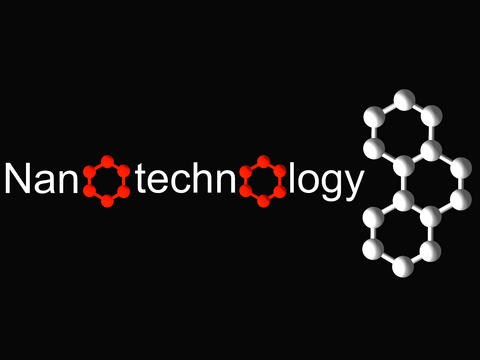
Teijin strengthens carbon fibre operations in Asia
Teijin Limited and the Tokyo Institute of Technology have co-developed a highly conductive carbon nanofibre (CNF) which is said to have a high linearity structure which offers 30-40% greater electrical conductivity compared to conventional CNF. The primary application envisioned for the new CNF is for battery components, including lithium-ion batteries for electric vehicles, capacitors, electrode additives, plastic additives, fuel-cell gas-diffusion layers and plastic reinfo

8th December 2011
Innovation in Textiles
|
 Teijin Limited and the Tokyo Institute of Technology have co-developed a highly conductive carbon nanofibre (CNF) which is said to have a high linearity structure which offers 30-40% greater electrical conductivity compared to conventional CNF.
Teijin Limited and the Tokyo Institute of Technology have co-developed a highly conductive carbon nanofibre (CNF) which is said to have a high linearity structure which offers 30-40% greater electrical conductivity compared to conventional CNF.
The primary application envisioned for the new CNF is for battery components, including lithium-ion batteries for electric vehicles, capacitors, electrode additives, plastic additives, fuel-cell gas-diffusion layers and plastic reinforcing materials.
The extra-conductive CNF has a length of 20 micrometers, or 10 times that of conventional CNF, and a diameter measuring a maximum 100 to 300 nanometres and a minimum 50 to 100 nanometres. Teijin says it has the world's first elliptical cross section consisting of well-developed graphite layers ordered in single direction.
As the material is produced with a melt-spinning process, an established production method for ordinary chemical fibres, Teijin says the new CNF can be manufactured by utilizing existing facilities without significant new capital investment.
In addition, CNF of high purity can be manufactured because no catalyst is used during the production process, the company says. According to Teijin, the research team discovered that the low electric resistance of the new CNT derives not only from its exceptional fibre length, but also from its unique structure of well developed graphite layers ordered in a single direction throughout the cross-section. Conventional CNF has a cross-section made up of numerous concentric graphite layers.
Another notable feature of the new CNF, Teijin says, is its numerous edges of loop-shaped graphene layers.
"These layers stick out from the fibre surface in high density, thereby promoting chemical reactivity, giving the new CNF higher connectivity with resins and also greater dispersion in liquid substances, properties that have been difficult to achieve with conventional carbon fibres," a Teijin statement said.
Based in Tokyo and Osaka, Japan, Teijin is a global technology-driven group operating in eight main fields: aramid fibres, carbon fibres & composites, polyester fibres, plastics, films, medical & pharmaceuticals, fibre products marketing and IT businesses.

Business intelligence for the fibre, textiles and apparel industries: technologies, innovations, markets, investments, trade policy, sourcing, strategy...
Find out more